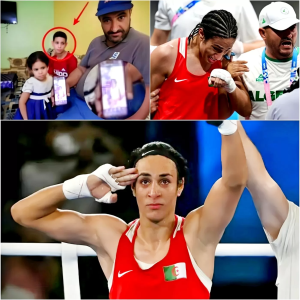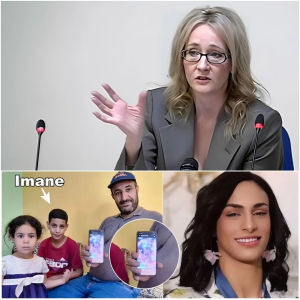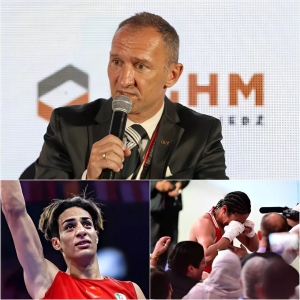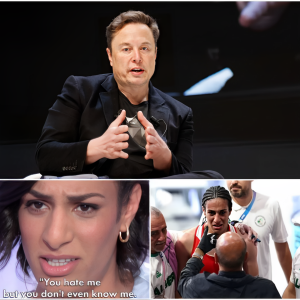Imane Khelif, the Algerian boxer who recently made history by winning Olympic gold in the women’s 66-kilogram boxing division, has taken a stand against online harassment. Khelif, 25, filed a formal complaint in Paris after enduring intense cyberbullying and false accusations surrounding her gender, following her remarkable victory at the 2024 Olympics.

Khelif’s path to success was not without controversy. Her opponent in the quarter-final match, Italian boxer Angela Carini, forfeited the bout just 46 seconds in, claiming she “never felt a punch like this.” While Khelif celebrated her win, online attacks began to surface, many of them referencing her disqualification from last year’s Women’s World Championships due to elevated testosterone levels. It’s important to note that Khelif was born female and does not identify as transgender or intersex, making these attacks baseless.
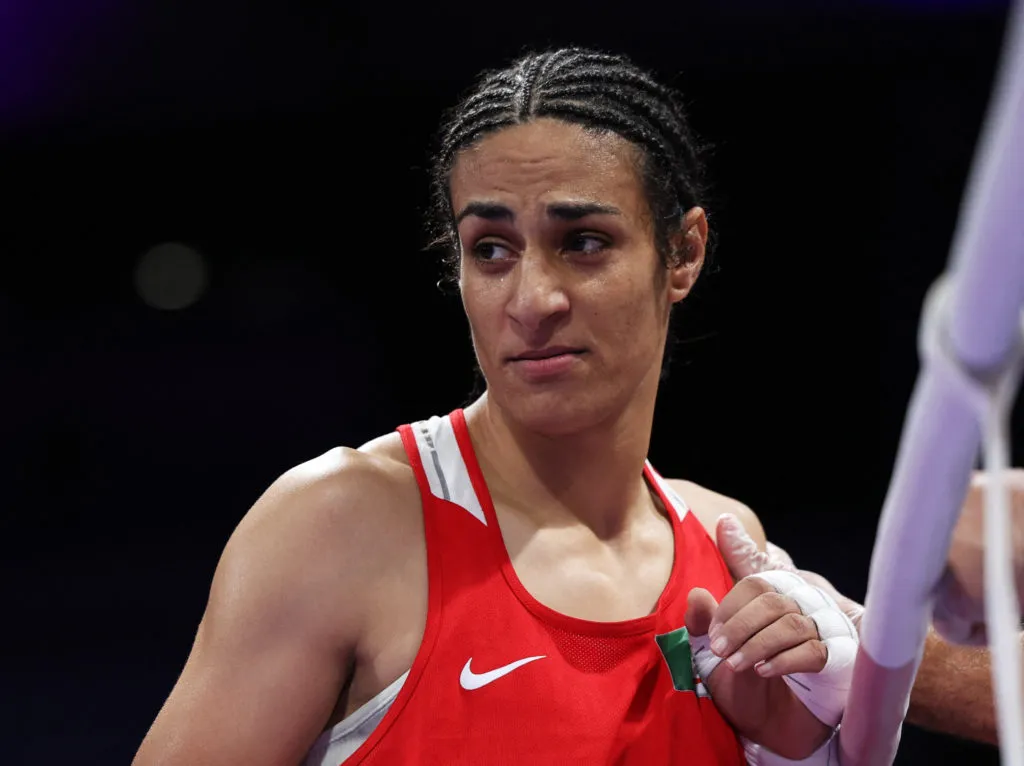
Despite her Olympic achievement, Khelif found herself the target of false claims, with high-profile figures like influencer Logan Paul, and public figures such as J.K. Rowling, Elon Musk, and Donald Trump, amplifying the rumors. Logan Paul later retracted his statements, but the damage had already been done. These posts, seen by millions, fueled a wave of harassment that severely impacted Khelif and her family.
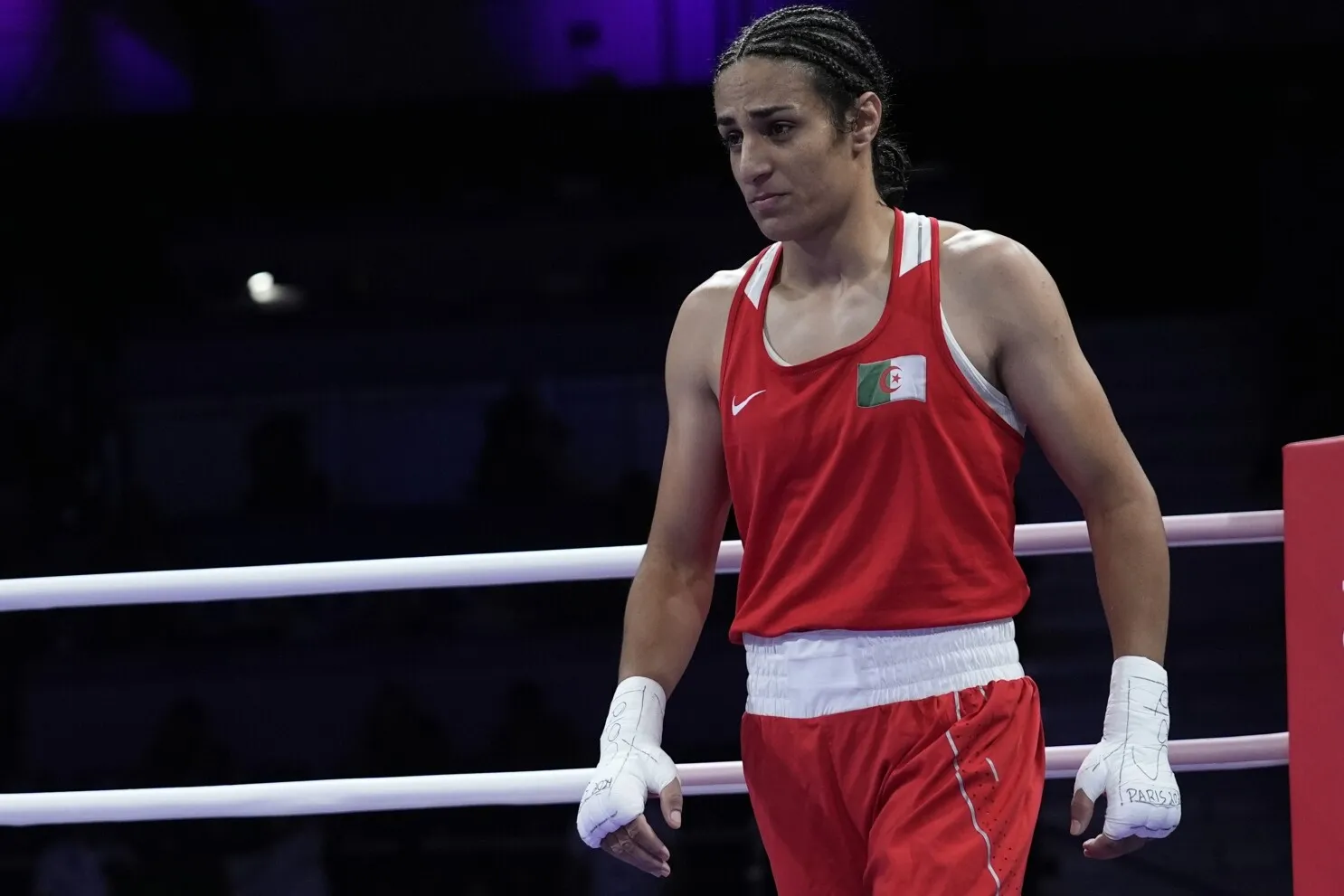
Taking legal action, Khelif filed a complaint with the national center for combating online hate, associated with the Paris correctional court. Her lawyer, Nabil Boudi, confirmed that Khelif had been subjected to “malicious speculation,” much of which was propagated by influential public figures. This case is part of a growing trend of athletes filing complaints against online harassment.
In an interview with SNTV, Khelif expressed the emotional toll the harassment has taken on her. “I send a message to all the people of the world to uphold the Olympic principles and the Olympic Charter, to refrain from bullying all athletes, because this has effects, massive effects,” she urged. Khelif emphasized that online bullying can be incredibly damaging, saying it “can destroy people, it can kill people’s thoughts, spirit, and mind.”
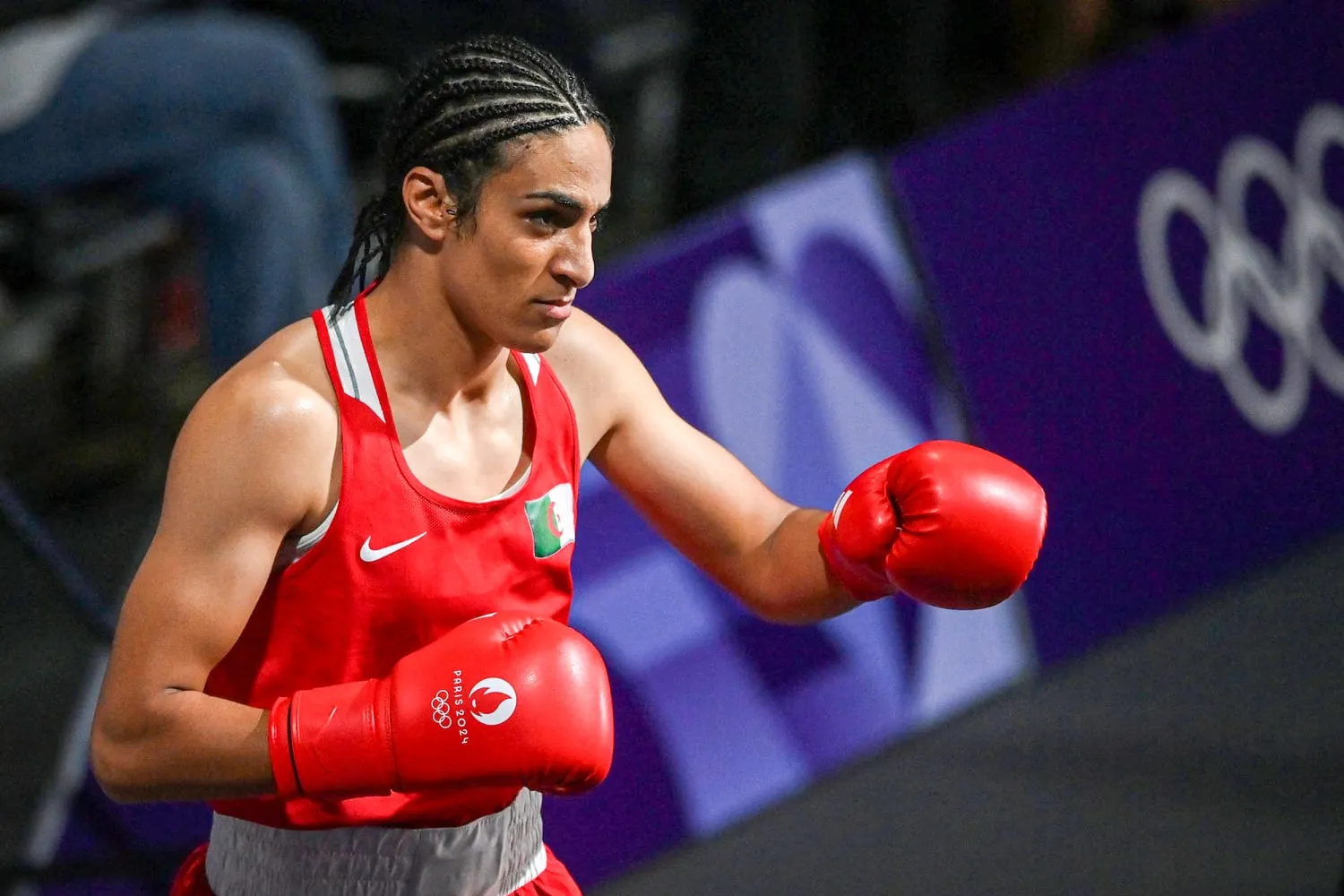
Despite the negativity, Khelif also spoke of her gratitude towards the Olympic Committee, who stood by her throughout the ordeal. She believes they have done her “justice” in addressing the issue. However, the controversy has raised broader questions about the integrity of the International Boxing Association (IBA), which has faced criticism from IOC President Thomas Bach for its handling of the situation.
Khelif’s case highlights the growing issue of cyberbullying in sports, particularly targeting athletes at the height of their careers. As the investigation continues, it brings into focus the need for stronger protections and accountability in the digital age, ensuring that athletes can compete without the fear of unjust harassment.
